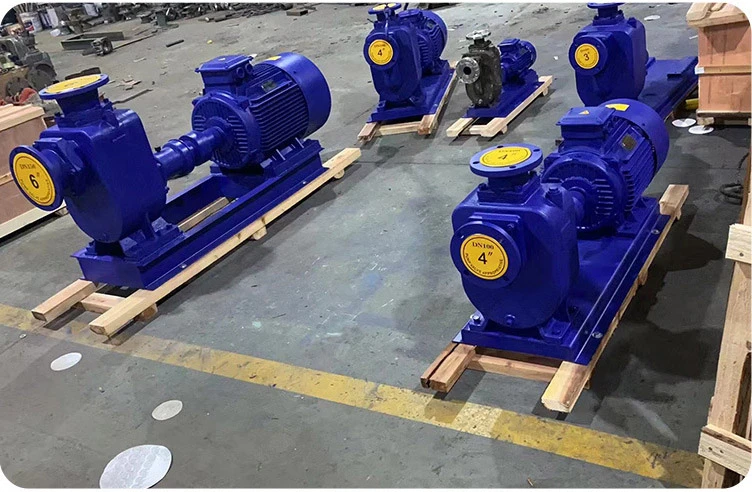Afrikaans
- Afrikaans
- Albanian
- Amharic
- Arabic
- Armenian
- Azerbaijani
- Basque
- Belarusian
- Bengali
- Bosnian
- Bulgarian
- Catalan
- Cebuano
- Corsican
- Croatian
- Czech
- Danish
- Dutch
- English
- Esperanto
- Estonian
- Finnish
- French
- Frisian
- Galician
- Georgian
- German
- Greek
- Gujarati
- Haitian Creole
- hausa
- hawaiian
- Hebrew
- Hindi
- Miao
- Hungarian
- Icelandic
- igbo
- Indonesian
- irish
- Italian
- Japanese
- Javanese
- Kannada
- kazakh
- Khmer
- Rwandese
- Korean
- Kurdish
- Kyrgyz
- Lao
- Latin
- Latvian
- Lithuanian
- Luxembourgish
- Macedonian
- Malgashi
- Malay
- Malayalam
- Maltese
- Maori
- Marathi
- Mongolian
- Myanmar
- Nepali
- Norwegian
- Norwegian
- Occitan
- Pashto
- Persian
- Polish
- Portuguese
- Punjabi
- Romanian
- Russian
- Samoan
- Scottish Gaelic
- Serbian
- Sesotho
- Shona
- Sindhi
- Sinhala
- Slovak
- Slovenian
- Somali
- Spanish
- Sundanese
- Swahili
- Swedish
- Tagalog
- Tajik
- Tamil
- Tatar
- Telugu
- Thai
- Turkish
- Turkmen
- Ukrainian
- Urdu
- Uighur
- Uzbek
- Vietnamese
- Welsh
- Bantu
- Yiddish
- Yoruba
- Zulu
Telephone: +86 13120555503
Email: frank@cypump.com
Nov . 21, 2024 12:43 Back to list
effluent pump
Understanding Effluent Pumps An Essential Component in Wastewater Management
Effluent pumps play a crucial role in the wastewater management industry, serving as the backbone for effective sewage treatment and disposal. These pumps are designed to transport effluent—or treated wastewater—from holding tanks, septic systems, or treatment facilities to where it can be processed or disposed of safely. With increasing urbanization and growing environmental concerns, understanding effluent pumps has never been more important.
What is an Effluent Pump?
An effluent pump is a specific type of submersible pump that is engineered to handle liquid waste and semi-solid materials that may be found in wastewater. Unlike standard sewage pumps, which are designed to handle solids, effluent pumps typically manage wastewater that has already gone through some treatment processes. They work by moving effluent to a drain field, a sewer line, or a treatment facility, ensuring that the wastewater is disposed of in an environmentally-friendly manner.
Types of Effluent Pumps
There are several types of effluent pumps available on the market, each designed for particular applications
. The common types include1. Submersible Effluent Pumps These pumps are submerged in the wastewater they are pumping. They are commonly used in residential septic systems as they can efficiently manage the lifting of effluent from tanks.
2. Effluent Transfer Pumps These pumps are designed to transfer effluent from one location to another, often used for moving treated wastewater to irrigation systems or water reuse facilities.
3. Macerating Effluent Pumps These pumps incorporate a grinding mechanism that shreds solids before pumping, making them ideal for locations where the effluent may contain more solid materials.
4. Portable Effluent Pumps These pumps are often used in situations where a temporary solution is needed, such as construction sites or emergency response scenarios.
Key Features to Consider
When selecting an effluent pump, there are several factors that must be considered
effluent pump

- Flow Rate The pump should be able to handle the volume of effluent produced in your system. The flow rate determines how quickly the pump can move wastewater, which impacts overall efficiency.
- Head Pressure This refers to the height the pump needs to lift the effluent. Different applications may require different head pressures, and it’s crucial to choose a pump that meets these demands.
- Material and Build Effluent pumps are constructed from various materials, which can impact durability, lifespan, and resistance to corrosion or corrosion in harsh wastewater conditions.
- Power Source Effluent pumps can be powered by electricity, gas, or even solar power. The power source should be reliable, especially in remote areas where power outages may occur.
Maintenance and Care
Regular maintenance of effluent pumps is essential to ensure their longevity and efficiency. Maintenance practices can include
- Cleaning the Pump Residual sludge should be cleaned periodically to prevent blockages and ensure optimal performance.
- Inspecting the Power Supply Check the electric connections and ensure that there are no frayed wires or loose connections.
- Monitoring Performance Regularly observe the pump’s operation to catch any unusual sounds or failures early.
- Seasonal Checks In regions with harsh weather, it is crucial to prepare the pump for winter to prevent freezing and damage.
Conclusion
As urban areas continue to grow and environmental regulations become stricter, the importance of effluent pumps in wastewater management cannot be overstated. Whether for residential, commercial, or industrial applications, these pumps help ensure the safe and efficient disposal of wastewater, providing clean and sustainable environmental solutions. Residents, businesses, and municipalities alike must recognize the significance of choosing the right effluent pump and maintaining it properly to support overall public health and environmental stewardship. Understanding and investing in quality effluent pumps is an essential step toward responsible wastewater management in any community.
-
China Small Slurry Pump Manufacturer - High Efficiency Small Centrifugal Slurry Pumps for Mining & Industry
NewsJun.24,2025
-
Custom Drilling Mud and Slurry Pump Supplier - High Efficiency, Tailored Solutions
NewsJun.10,2025
-
Supply Vertical Submersible Sewage Pump High-Efficiency WQ/QW Pumps Supplier
NewsJun.10,2025
-
Premium Sewage Ejection System & Pumps Efficient Waste Removal
NewsJun.09,2025
-
Premium Wholesale Slurry Pump Impellers Durable & Efficient Slurry Handling
NewsJun.09,2025
-
Top Sewage Pump Companies Durable Industrial Solutions for Efficiency
NewsJun.09,2025










